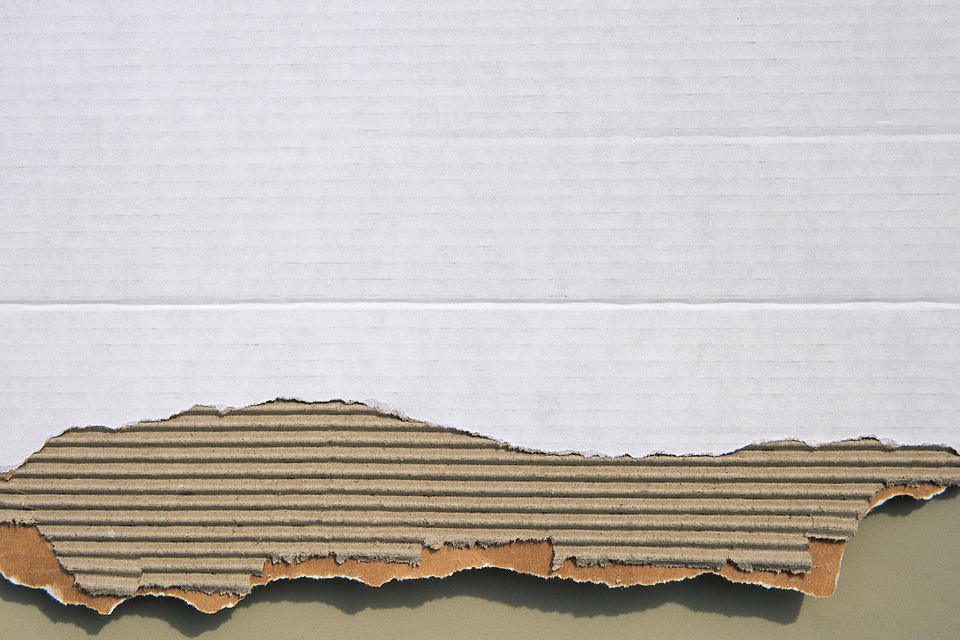While past research has determined that SARS-CoV-2 can survive for several days on surfaces and in aerosol form, a new study reports that reality is a bit more complicated than that.

While the virus is still detectable on contaminated objects and surfaces (for up to three hours in aerosols, up to four hours on copper, up to 24 hours on cardboard and up to two to three days on plastic and stainless steel).
SARS-CoV-2 is quite infectious even through casual physical contact, making it very hard to contain. The study aimed to investigate the risk presented by coronavirus spread unknowingly by people in their daily lives — the risk of contracting the virus from particles deposited on surfaces through coughing, for example. According to the findings, the virus can survive for up to three hours in aerosols, up to four hours on copper, up to 24 hours on cardboard, and up to two to three days on plastic and stainless steel.
The time of my life
“This virus is quite transmissible through relatively casual contact, making this pathogen very hard to contain,” said James Lloyd-Smith, a co-author of the study and a UCLA professor of ecology and evolutionary biology.
“If you’re touching items that someone else has recently handled, be aware they could be contaminated and wash your hands.”
The researchers tried to mimic the way this virus is being deposited onto usual surfaces in households and hospitals by asking an infected person to cough on or touch various objects. Then, they measured how long the virus remained alive on these surfaces.
Plastic and stainless steel were pretty cozy environments for the virus, the team explains, much more so than copper and cardboard. However, the total population numbers dramatically reduced on plastic and steel, after 72 and 48 hours respectively. The findings do go a long way toward tempering fears; in essence, this study found that while past research did reach a fair assessment of the virus’ longevity on different surfaces, its ability to infect us falls sharply over that timeframe and that the rate at which virus populations shrink is linked to the material they live on.
So while getting packages in the mail should be pretty safe, the team wants to make sure that everyone is doing their best to avoid the virus. Their findings, they explain, support common public health guidance measures:
- Avoid close contact with people who are sick.
- Avoid touching your eyes, nose, and mouth.
- Isolate yourself at home when you are sick.
- Cover coughs or sneezes with a tissue, and dispose of the tissue in the trash.
- Clean and disinfect frequently touched objects and surfaces using a household cleaning spray or wipe.
The paper “Aerosol and Surface Stability of SARS-CoV-2 as Compared with SARS-CoV-1” has been published in the New England Journal of Medicine.









